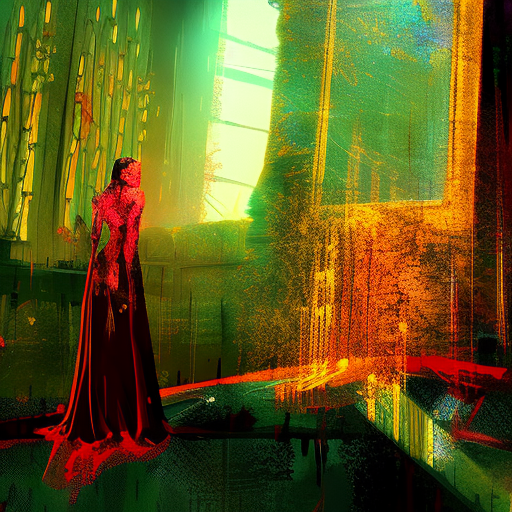One-line Summary:
“Bad Feminist” by Roxane Gay is a collection of essays that explores the complexities of modern feminism and challenges the idea of being a “perfect” feminist.
Introduction:
In “Bad Feminist,” Roxane Gay presents a thought-provoking collection of essays that delves into the complexities of modern feminism. With wit, honesty, and vulnerability, Gay challenges the notion of being a “perfect” feminist and explores the intersectionality of race, gender, and popular culture. Through personal anecdotes, cultural analysis, and sharp observations, she invites readers to question societal expectations and embrace the imperfections that come with being a feminist.
The Complexity of Feminism:
Gay acknowledges the complexity of feminism, highlighting the challenges that arise when trying to navigate the expectations and contradictions within the movement. She explores the tension between her own feminist beliefs and her enjoyment of certain aspects of popular culture that may perpetuate harmful stereotypes. Gay recognizes that she is a “bad feminist” in the eyes of some, but she argues that it is essential to embrace imperfections and contradictions in order to make progress.
Intersectionality and Identity:
One of the central themes in “Bad Feminist” is the concept of intersectionality, which recognizes that different forms of oppression, such as racism, sexism, and homophobia, intersect and compound one another. Gay emphasizes the importance of considering intersectionality when discussing feminism, as the experiences of women of color, LGBTQ+ individuals, and other marginalized groups are often overlooked in mainstream feminist discourse. By sharing her own experiences as a Black woman, Gay sheds light on the unique challenges faced by women who exist at the intersection of multiple identities.
Popular Culture and Feminism:
Gay examines the role of popular culture in shaping societal perceptions of gender and feminism. She critiques the media’s portrayal of women, highlighting the prevalence of harmful stereotypes and unrealistic beauty standards. Through her analysis of books, movies, and music, Gay challenges readers to question the messages they consume and to demand better representation for women in all forms of media.
Key Takeaways:
- Feminism is complex and does not require perfection; embracing imperfections is essential for progress.
- Intersectionality is crucial in feminist discourse, as it recognizes the compounding effects of different forms of oppression.
- Popular culture plays a significant role in shaping societal perceptions of gender and feminism, and it is important to critically analyze the messages it conveys.
Memorable Quote:
“I embrace the label of bad feminist because I am human. I am messy. I’m not trying to be an example. I am not trying to be perfect. I am not trying to say I have all the answers. I am not trying to say I’m right. I am just trying—trying to support what I believe in, trying to do some good in this world, trying to make some noise with my writing while also being myself.”
In “Bad Feminist,” Roxane Gay challenges the notion of a “perfect” feminist and encourages readers to embrace imperfections and contradictions. Through her exploration of intersectionality, popular culture, and personal experiences, she highlights the complexity of feminism and the importance of inclusivity. This collection of essays serves as a reminder that feminism is an ongoing journey, and it is through open dialogue and self-reflection that progress can be made.












